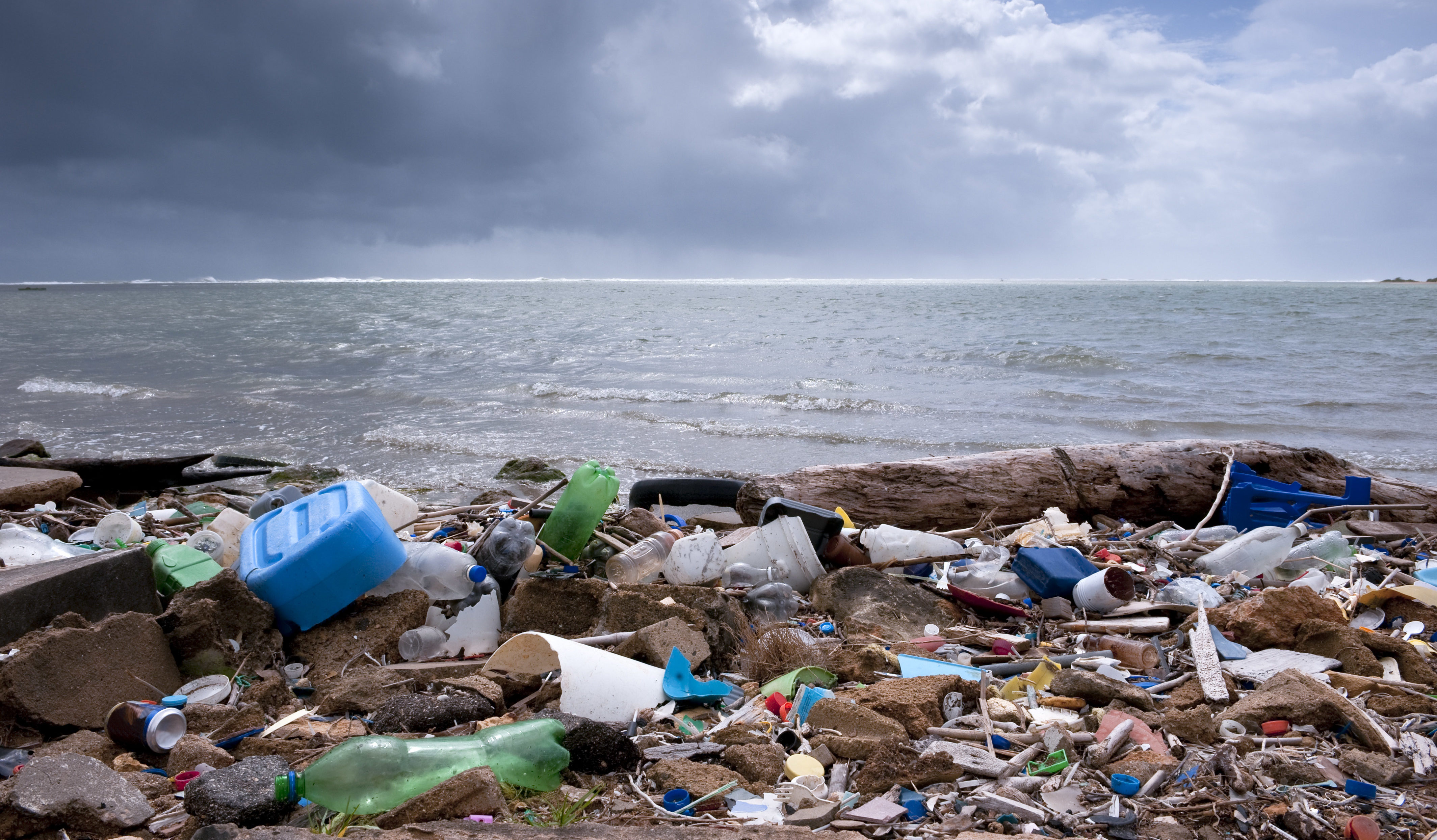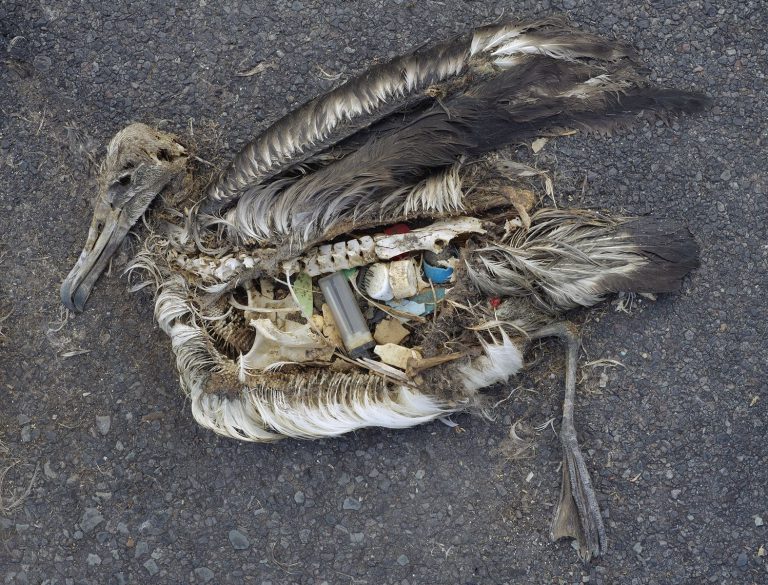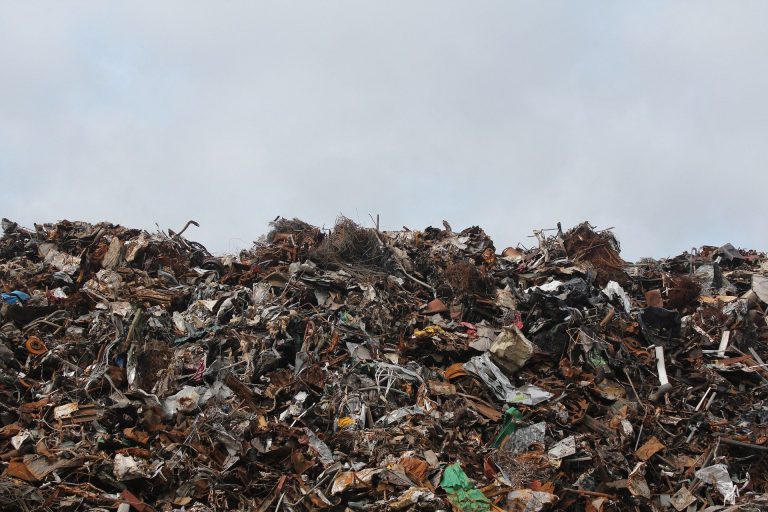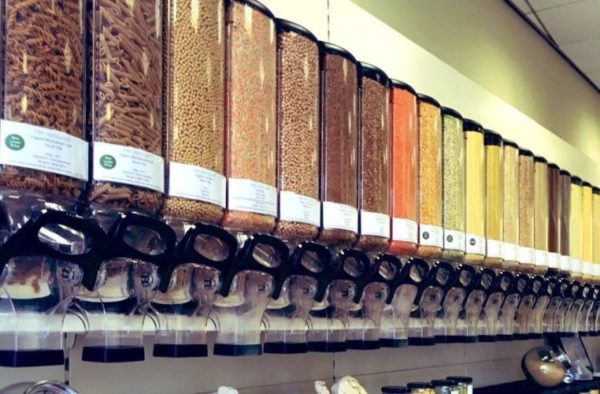
End Plastic Pollution
It’s time to tackle the growing tide of rubbish
Plastic is also a major contributor to climate change. The more plastic we make, the more greenhouse gas emissions we release into the atmosphere. As long as we continue to make plastic from fossil fuels (which makes up 90% of plastic in the EU) then we will continue to support the oil and gas industry, adding further fuel to the global climate crisis.
In Scotland, the source of the problem is very close to home as petrochemicals manufacturer INEOS in Grangemouth is the largest producer of plastic in the UK, and one of the largest in Europe. While global trade in plastic waste continues to be a big problem, with many people in the Global South suffering as we continue to export our plastic waste across the world.
Making progress
The good news is that the public is starting to push back with many people turning their back against the wasteful use of plastic, with inspiring communities campaigning against plastic and plastic free shops opening up all over Scotland.
The Scottish Government has already made some commitments to tackling the problem. It has already banned plastic-stemmed cotton buds, raised the minimum charge for single-use carrier bags from 5p to 10p in 2021 and committed to introducing a Deposit Return Scheme for bottles and cans in 2022.
The Scottish Government has stated it will introduce regulations before the end of this year [2021] to end supply and manufacture of certain single use items, with limited exceptions where absolutely necessary.
The consultation received over 2,600 responses. There was strong support, among both organisations and individuals, for market restrictions to be introduced on single-use plastics (i.e. single-use plastics supplied in a commercial context). Among individuals, 94% were in favour of a ban on all the items specified in the consultation paper. Among organisations, the proportion in favour of a ban ranged from 76% for single-use plastic plates, to 91% for single-use plastic balloon sticks, and for food and beverage containers made of expanded polystyrene.
Plenty of work still to do
Plastic is everywhere you look so there is still a huge amount of work to be done. In particular, the coronavirus pandemic has highlighted a new wave of problematic items like disposable masks and gloves which are polluting our environment.
The next logical step is for Scotland to move towards a circular economy where products are designed to last as long as possible, are easy to repair, and made out of materials that can be recycled. It’s also estimated that moving to a circular economy would help us tackle the climate emergency by saving 11 million tonnes of carbon emissions by 2050.
The Scottish Government had committed to introducing a Circular Economy Bill in 2020. However, the Bill along with several others were cancelled in light of coronavirus. The Scottish Government has now committed to re-introducing the Bill in this parliamentary session.

Take the PlasticFreeFriday Pledge
Make the change
Sign the PlasticFreeFriday Pledge to join thousands of others going plastic free on Fridays.
Together we will send a message to shops, manufacturers and government that you want action to reduce plastic waste.
Sign the pledge
What is a circular economy?
As consumption around the world continues to increase, there is more pressure than ever on the earth’s decreasing resources. That’s why we urgently need to transform the way we consume and manage resources in Scotland.
Learn more
Why incineration is not the answer?
Incineration capacity in Scotland is set to increase to burn at least an extra one million tonnes of waste a year which raises serious environmental concerns and creates a barrier to moving to a circular economy.
Find out more
10 tips for a plastic free life
Want to cut down on plastics but don’t know where to start?
Here’s a few quick tips that will help you on your way!

10 facts about plastic pollution
Learn more about the impact of our plastic problem on our bodies, our environment and the climate.
